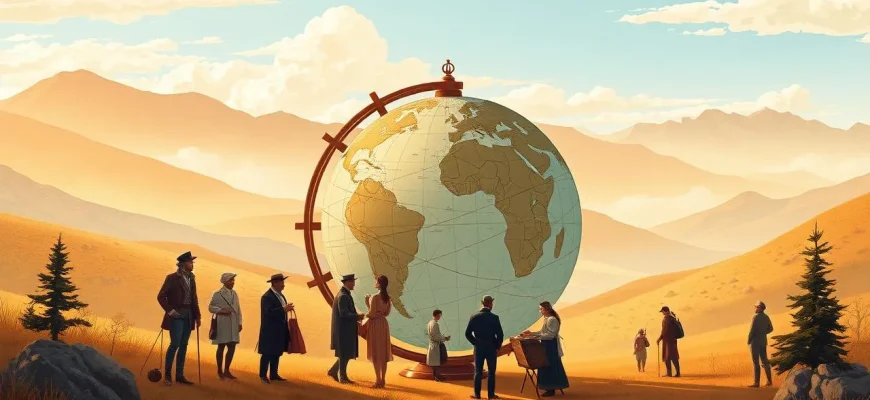This curated collection of adventure films delves into the heart of scientific exploration, offering viewers not just entertainment but also a glimpse into the relentless pursuit of knowledge. These films, rich with tales of discovery, innovation, and the human spirit's quest for understanding, provide both inspiration and education, making them perfect for those who appreciate the blend of adventure and science.
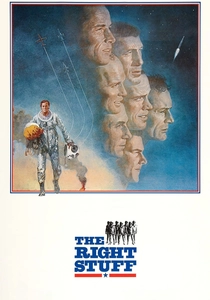
The Right Stuff (1983)
Description: Chronicles the early days of the U.S. space program, highlighting the bravery and scientific prowess of the first astronauts.
Fact: The film was based on Tom Wolfe's book, which itself was a detailed account of the Mercury Seven astronauts.
 Watch Now
Watch Now
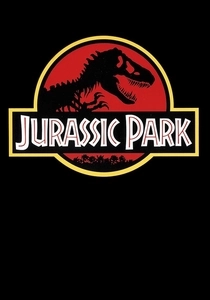
Jurassic Park (1993)
Description: Although more fantasy than science, the film explores the ethical and scientific implications of cloning extinct species, sparking discussions on genetic engineering.
Fact: The film's animatronics and CGI were groundbreaking, setting new standards for visual effects in cinema.
 Watch Now
Watch Now
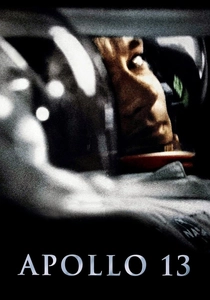
Apollo 13 (1995)
Description: This film dramatizes the Apollo 13 lunar mission, focusing on the astronauts' ingenuity and the scientific efforts to bring them safely back to Earth.
Fact: The film was praised for its accuracy, with NASA providing extensive support during production.
 Watch Now
Watch Now
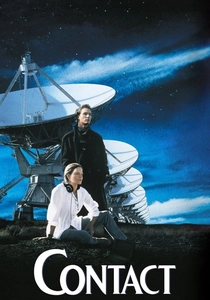
Contact (1997)
Description: Based on Carl Sagan's novel, it follows the journey of a scientist who discovers evidence of extraterrestrial life, blending science with philosophical questions.
Fact: Jodie Foster, who plays the lead, actually met with Sagan to discuss the character's scientific background.
 Watch Now
Watch Now
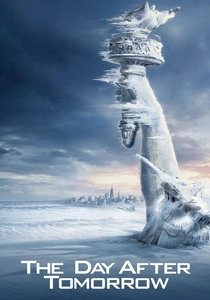
The Day After Tomorrow (2004)
Description: While more speculative, this film explores the catastrophic effects of climate change, emphasizing the importance of scientific research in understanding global phenomena.
Fact: The film's depiction of weather phenomena was based on real scientific theories, though exaggerated for dramatic effect.
 Watch Now
Watch Now
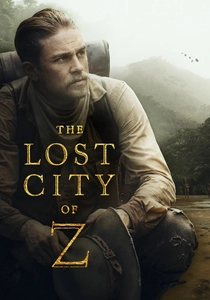
The Lost City of Z (2016)
Description: This film follows the real-life story of British explorer Percy Fawcett, who ventures into the Amazon to find an ancient lost city, showcasing the allure and dangers of scientific exploration.
Fact: The film was shot in Colombia, standing in for the Amazon jungle, and the crew faced real-life challenges similar to those in the story.
 Watch Now
Watch Now
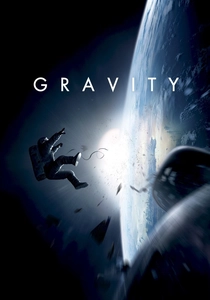
Gravity (2013)
Description: A medical engineer in space faces a life-threatening situation, showcasing the harsh realities of space exploration and the human will to survive.
Fact: The film was shot in a way to simulate zero gravity, with actors using harnesses and rigs to mimic floating in space.
 Watch Now
Watch Now
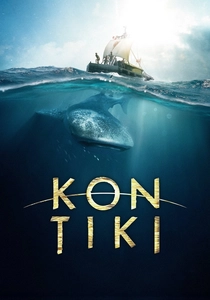
Kon-Tiki (2012)
Description: This film recounts Thor Heyerdahl's 1947 expedition to prove that ancient Polynesians could have settled the Pacific islands, blending adventure with anthropological research.
Fact: The film was shot in both Norway and the Maldives, with the latter providing the backdrop for the ocean scenes.
 Watch Now
Watch Now
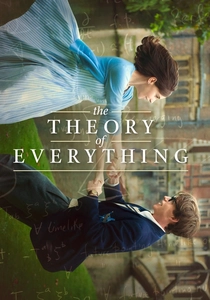
The Theory of Everything (2014)
Description: While not an adventure in the traditional sense, this film explores the life of physicist Stephen Hawking, whose theories revolutionized our understanding of the universe.
Fact: Eddie Redmayne, who portrayed Hawking, won an Academy Award for Best Actor for his performance.
 Watch Now
Watch Now
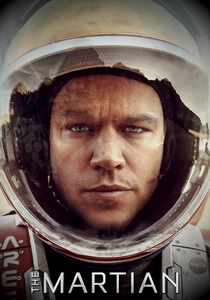
The Martian (2015)
Description: Astronaut Mark Watney is left stranded on Mars, using his scientific knowledge to survive, highlighting the importance of science in extreme situations.
Fact: NASA provided technical advice to ensure the film's scientific accuracy, and the potatoes grown by Watney were real, grown in a controlled environment.
 Watch Now
Watch Now

